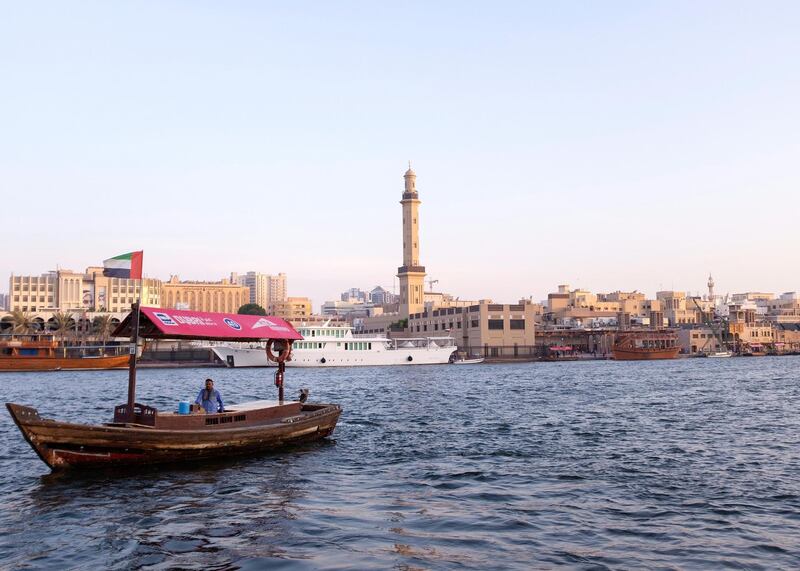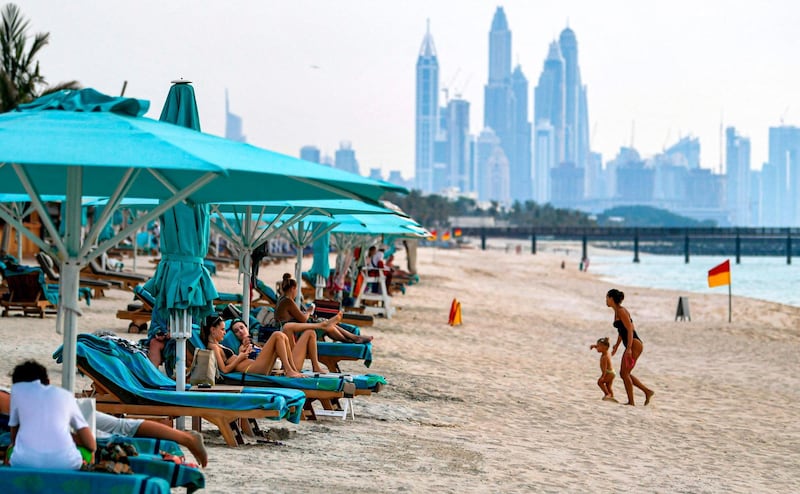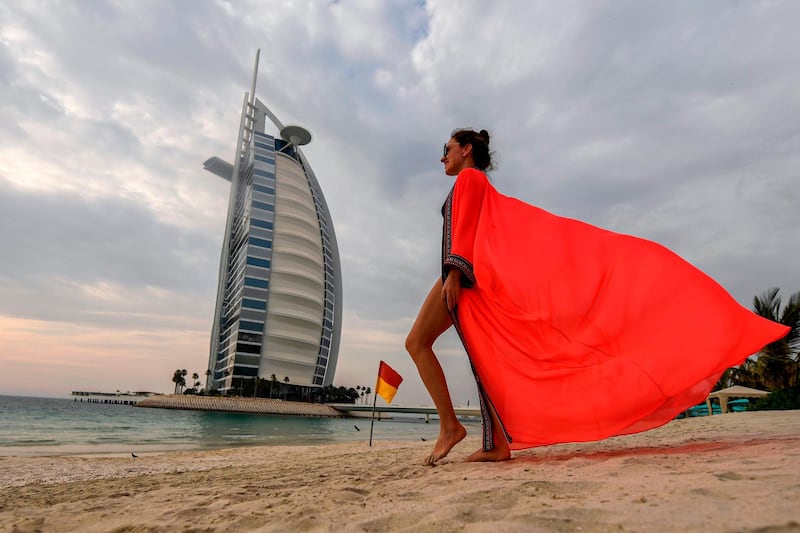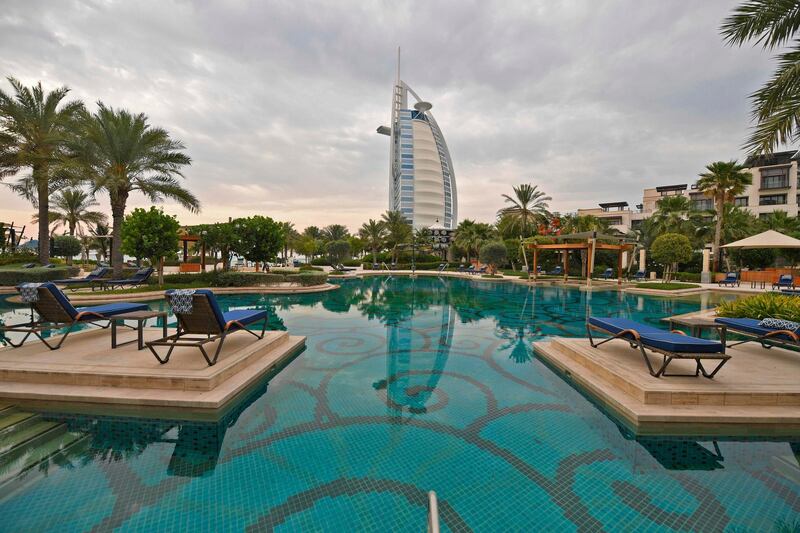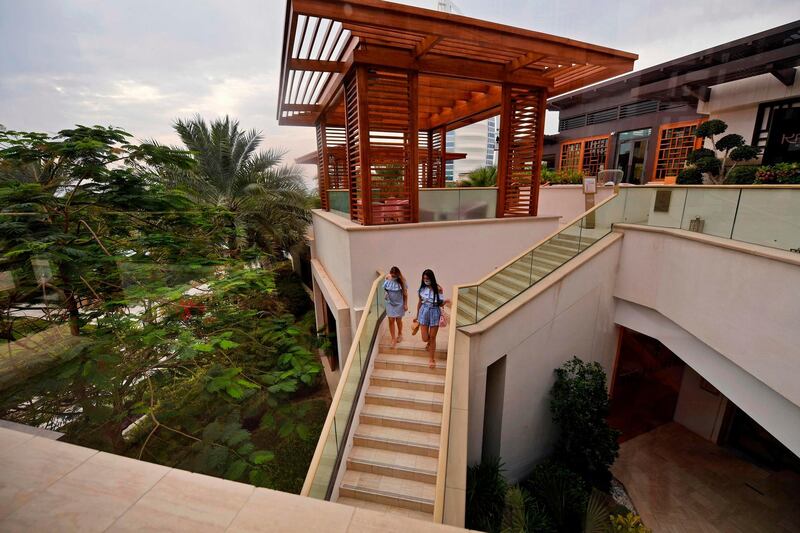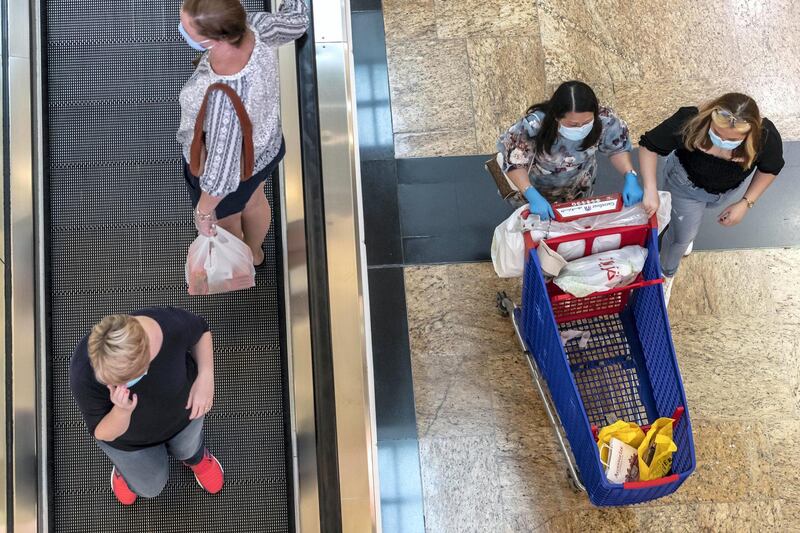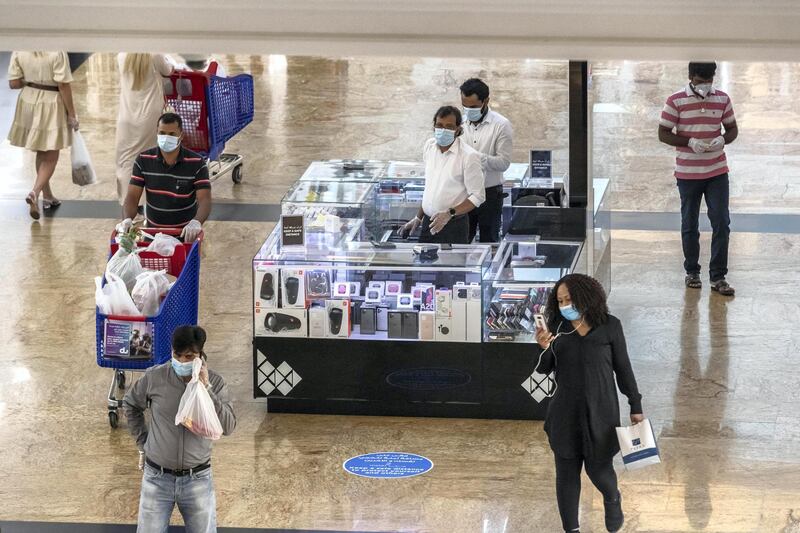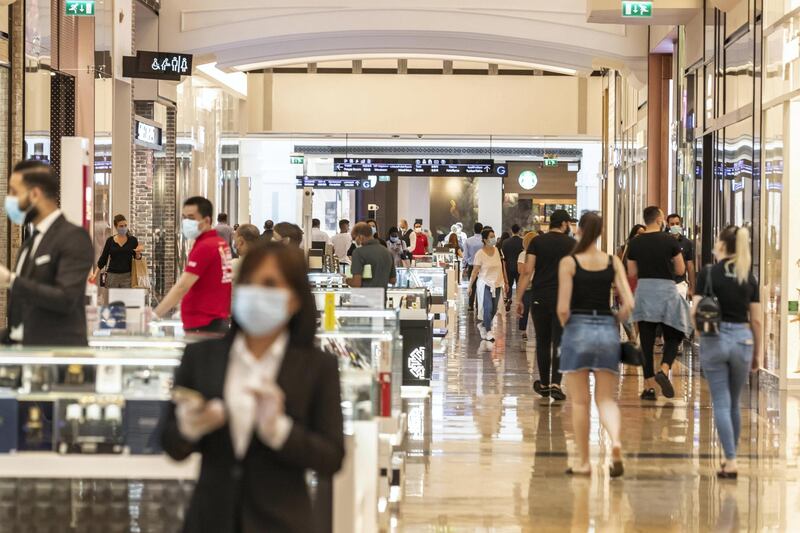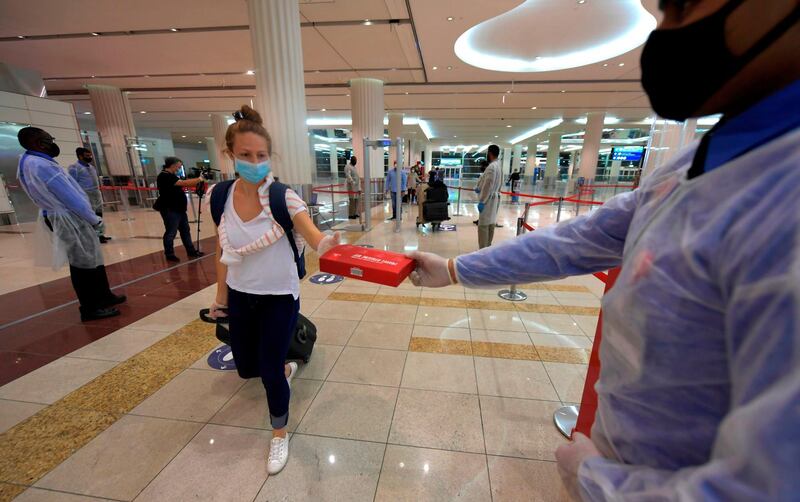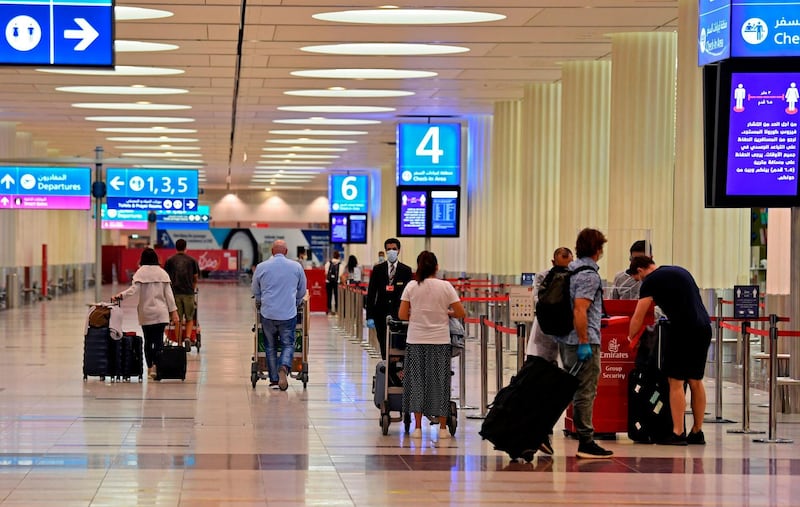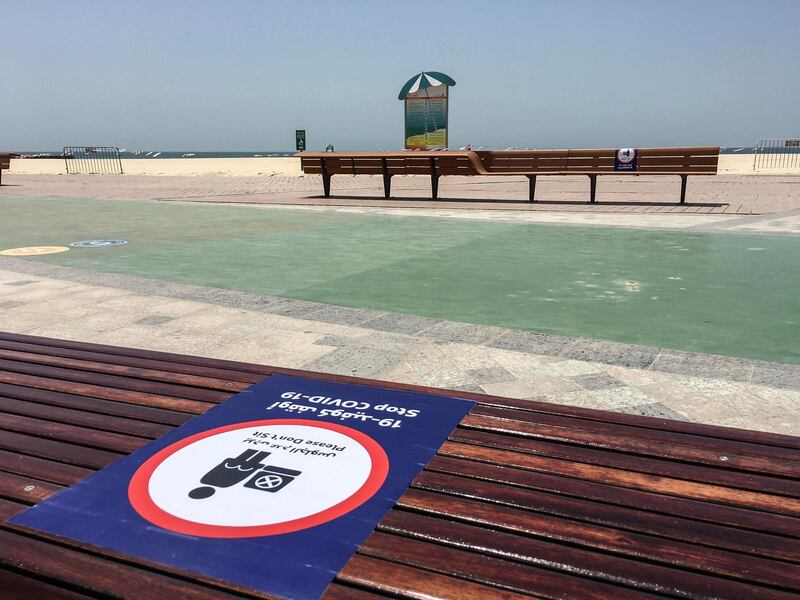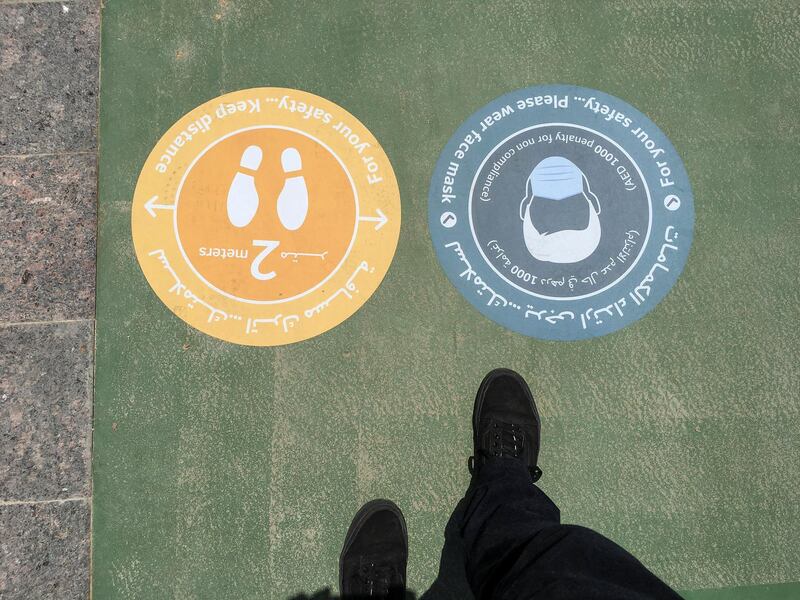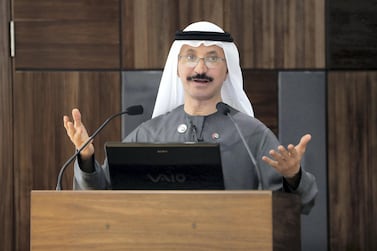In the midst of this global pandemic, I have been flooded with articles about Dubai. They often have headlines that echo the phrase: “Dubai is finished”.
I have been hearing these words from supposed business experts since I first moved to the promising emirate, as a fresh graduate from the American University of Beirut in the early 80s. At that time, I felt I too had earned the authority to have expert opinions.
In reality, my education had just begun. For the rest of my professional life, I would be schooled by the children of nomads, fishermen and pearl traders.
My first lesson came shortly after I arrived. In the course of my sales job, I met on a regular basis with Dubai creek traders. The creek was then the heart of wholesale trade routes between the UAE and surrounding regions in Iran, East Africa, and the Indian sub-continent. Every day, hundreds of traditional Dhows left loaded with exports to different cities, the most lucrative at the time in southern Iran.
So, when the Iranian market closed, Dubai was deeply challenged. Colleagues and business people all said the same thing: “Dubai is finished”.
I believed it too. I couldn’t find the silver lining as I readied myself for another trip to the Creek. I worried over the inventory that needed to be liquidated and the industries that would suffer. Yet, my trader friends were calm and confident. “Dubai is blessed,” they said. “Something will open up.”
And eventually it did. The Soviet Union collapsed, and Russia came into play. The level of trade was unprecedented. If you looked out of your car window on the Sharjah-Fujairah road, you could see ex-Soviet cargo planes filled to the brim with Dubai export.
But when a self-sufficient Russia established itself, I heard it again: “Dubai is finished”. No one could see a way to recover. We waited for the day these failed traders would finally pack up.
To everyone’s surprise, Dubai reshaped itself. With the introduction of specialised trade zones such as Media City and Internet City attracting big multinationals, coupled with a major focus on tourism, it was the beginning of a world-renowned legacy.
Dubai’s history is clear: this city has consistently turned crisis into opportunity. It did so with the eight-year Iran-Iraq war, the 1990-91 war to liberate Kuwait after Iraq’s invasion, and the 2008 global financial crisis.
And Dubai has done so while constantly being faced with skepticism, not just about its ability to overcome global crises but even about its most basic projects. A venture as small as the opening of Continent hypermarket in City Centre Deira left us doubtful that 52 checkout counters would be sustainable in a Dubai store. Of course Continent, now known as Carrefour, went on to become a leader in the region. The same can be said about projects like Emirates Golf Course, Meadows, Palm Jumeirah and many more.
So, as we reopen post-lockdown and I continue to be flooded with negative messages about Dubai, I delete them immediately. The skeptics forget that Dubai has come back stronger after every crisis, and that their doubts, like mine, have been proven wrong time and time again.
Determined, I took to the internet to dispel pessimistic predictions with the hard facts of my historical perspective. The response was overwhelming; my first-time article reached over 80,000 people within a week.
Many Dubai residents told similar stories of misplaced fear and scepticism. One reader, a former banker, remembered widespread doubts among senior bankers in the Gulf about the launch of Dubai International Financial Centre, rivalling established financial centres. Another described the desperation felt during Iraq’s invasion of Kuwait, a time where Western embassies were evacuating their citizens and handing out gas masks. After peace, Dubai’s infamous construction boom took off, turning the two-lane Dubai-Abu Dhabi road into the formidable Sheikh Zayed Road.
Though genuine and inspiring, these stories have also made me realise that Dubai’s success is not just attributable to good blessings, as my trader friends suggested. Rather, it took a deliberate “build it and they will come” strategy backed by ambitious projects and well-calculated risks. This success was far from inevitable; it was fought for, and it was earned.
This time around, as we seek to recover from a catastrophic pandemic, we should expect and hope for new ambitious projects and calculated risk taking. We should also expect drastic policy reform.
Our history shows that where the speed and volume of globalisation has failed “developed” markets, Dubai has been able to cement its position as a regional hub for international trade with rational and flexible regulations, as it did after the 9/11 attacks in the United States. In a post-Covid-19 world characterised by crowd and travel avoidance, Dubai may even seek to challenge China’s monolithic role in world trade, by becoming a regional centre for viewing and sourcing supply.
Both locally and globally, Dubai is far from a conservative player. We are faced with an unprecedented challenge, but to underestimate the emirate’s ability to overcome adversity is to deny a proven track record of making shrewd, and what some might consider, high-risk decisions. I do not doubt that this crisis, like previous crises, will push us to think bigger and grow faster. And that those that said we couldn’t, will be proven wrong again.
This is why, as a graduate of the Dubai school, I can confidently say; no, we are not finished.
Ramzi Cheaib is an independent businessman who moved to Dubai in 1982 leaving behind a war-torn Lebanon. Today he is managing partner at a UAE-based general trading company.
